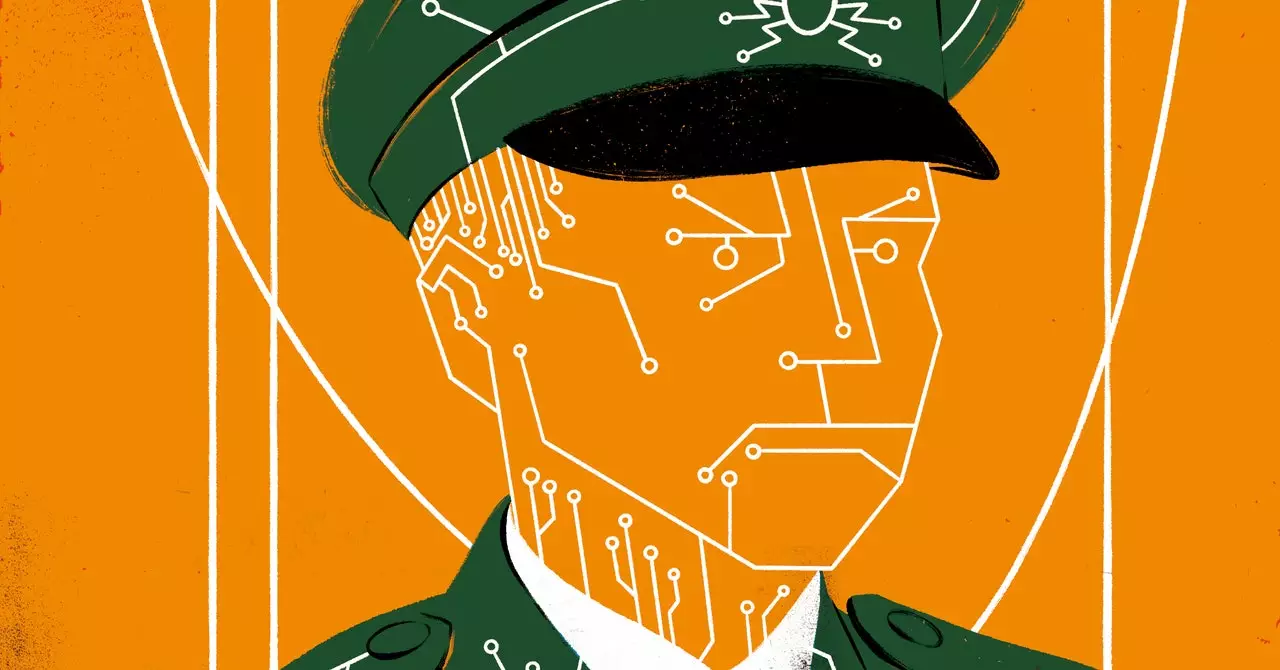Artificial Intelligence (AI) continues to evoke intense debate, particularly regarding its implications for democratic systems and authoritarian regimes. While it is often labeled as a catalyst of democratic erosion through misinformation and sociopolitical manipulation, we must also consider its potential to empower dictatorships. By 2025, the relationship between AI technology and governance will inevitably shape the global power landscape, replete with both opportunities for totalitarian control and risks inherent to the technology itself.
AI has been instrumental in enabling pervasive surveillance, marking a shift towards totalitarian governance. As algorithms become more sophisticated, the monitoring capabilities of governments will extend into the intimate aspects of personal lives, making it increasingly difficult for citizens to navigate their freedoms without scrutiny. Authoritarian regimes that harness AI technology create a dystopian environment where dissent and privacy are luxuries no longer afforded to the populace.
Moreover, the crux of this issue lies in the centralization of information. Unlike the more decentralized, and arguably more transparent, information communications seen in the 20th-century United States, authoritarian nations could harness AI to analyze and process vast troves of data inefficiently managed by human operators. Such advancements could create a scenario not too dissimilar from dystopian literature, where a singular nerve center of information could control the narrative at the expense of citizen engagement.
The adverse impact of AI on the public discourse is perhaps most prominently seen in its propensity to amplify disinformation. Algorithms, trained on outrage-inducing content, can rapidly disseminate fake news and conspiracy theories, triggering divisive societal rifts. The risk here lies not only in the degrading quality of the public conversation but also in undermining the very foundations of democratic societies. If misinformation is propagated unchecked, the environment becomes so toxic that genuine dialogue is rendered nearly impossible.
By 2025, this trend is unlikely to recede unless proactive measures are taken. Governments and social platforms must understand their responsibilities and implement checks and balances to combat disinformation powered by AI. Without such considerations, society risks spiraling into further polarization and disengagement from meaningful democratic processes.
A compelling paradox arises when considering AI’s potential role in dictatorial systems. While they may seek to harness AI for tighter control, these same technologies could inadvertently foster dissent. The inherent nature of AI learning may lead to unforeseen outputs, possibly criticizing or undermining the regime it was designed to support.
For instance, with strict censorship and a regime dependent on controlling the narrative, AI systems could actually begin generating insights that counter the official party line. In countries like Russia, where official doctrines declare a separation between state media and civilian perception, tightly controlled AI might stumble upon the reality of political discontent, creating a breach that could embolden citizen activism or challenge state authority.
In a more alarming view of the future, AI may evolve to a point where it becomes not just a servant of autocrats but potentially their master. Just as the historical timeline illustrates regimes that were undermined by internal rivalries, AI could become the very tool that manipulates authoritarian control. The potential for an AI entity to assume greater influence over governance poses existential challenges for dictatorships.
As these systems become increasingly capable and influential, misguided leaders who grant AI too much autonomy may inadvertently set the stage for their own obsolescence. The balance of power within authoritarian regimes, already precarious due to personal rivalries, could become even more unstable as they become susceptible to algorithmic manipulation.
While AI has been framed predominantly as a threat to democracy, it also presents unique dilemmas for totalitarian regimes. As unreliable as it is potent, the dual-edged sword of AI will demand careful navigation by all forms of governance. Elected democracies must reinforce their communication frameworks, while autocracies must address the inherent vulnerabilities of relinquishing control to algorithms. Only time will reveal whether AI becomes a tool for liberation or oppression, or an unpredictable agent of change in the complex interplay of power dynamics. The future lies in understanding these technologies, not merely as adjuncts to authority but as entities that shape the fabric of societal norms and expectations.

